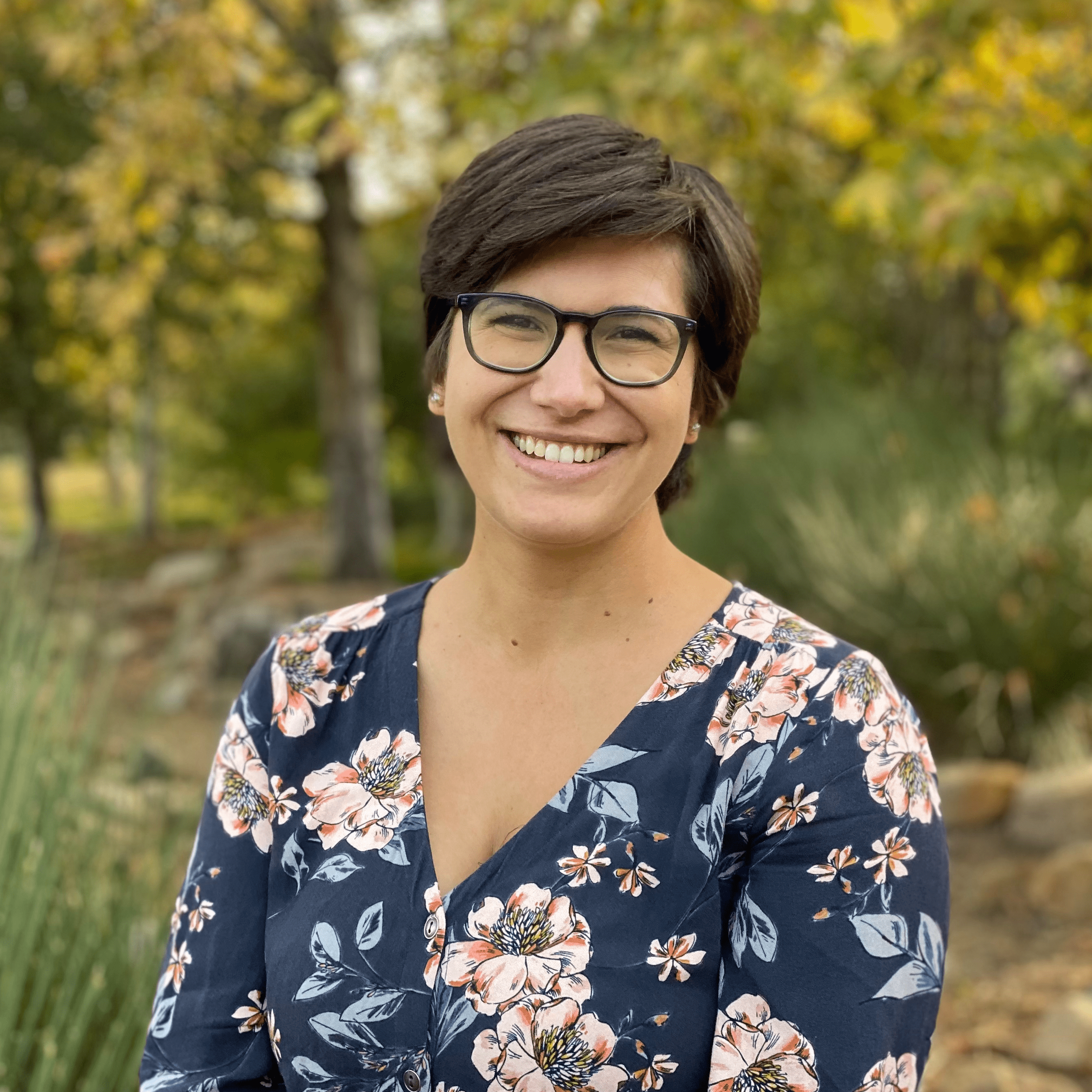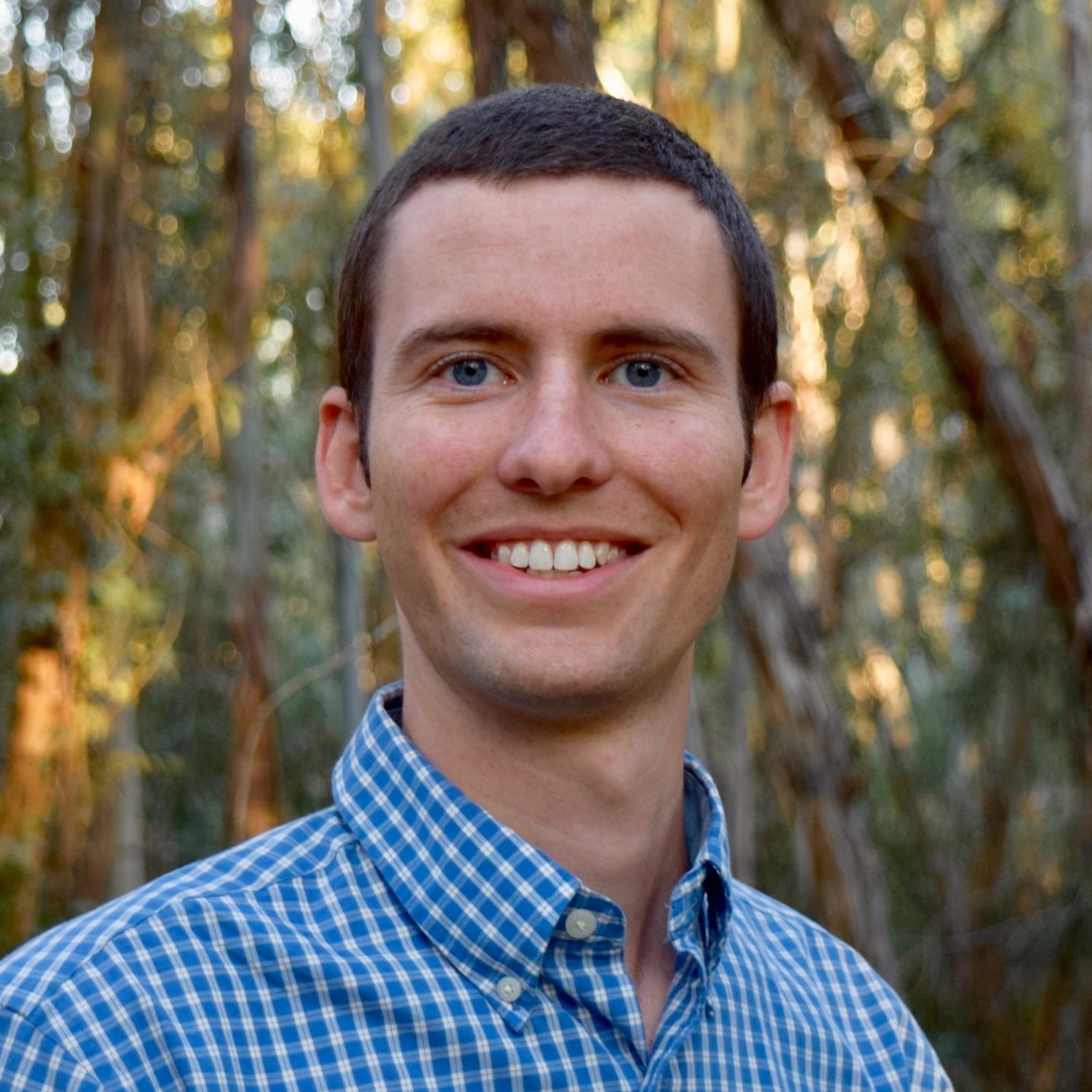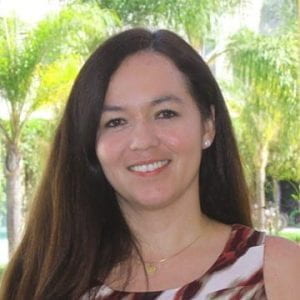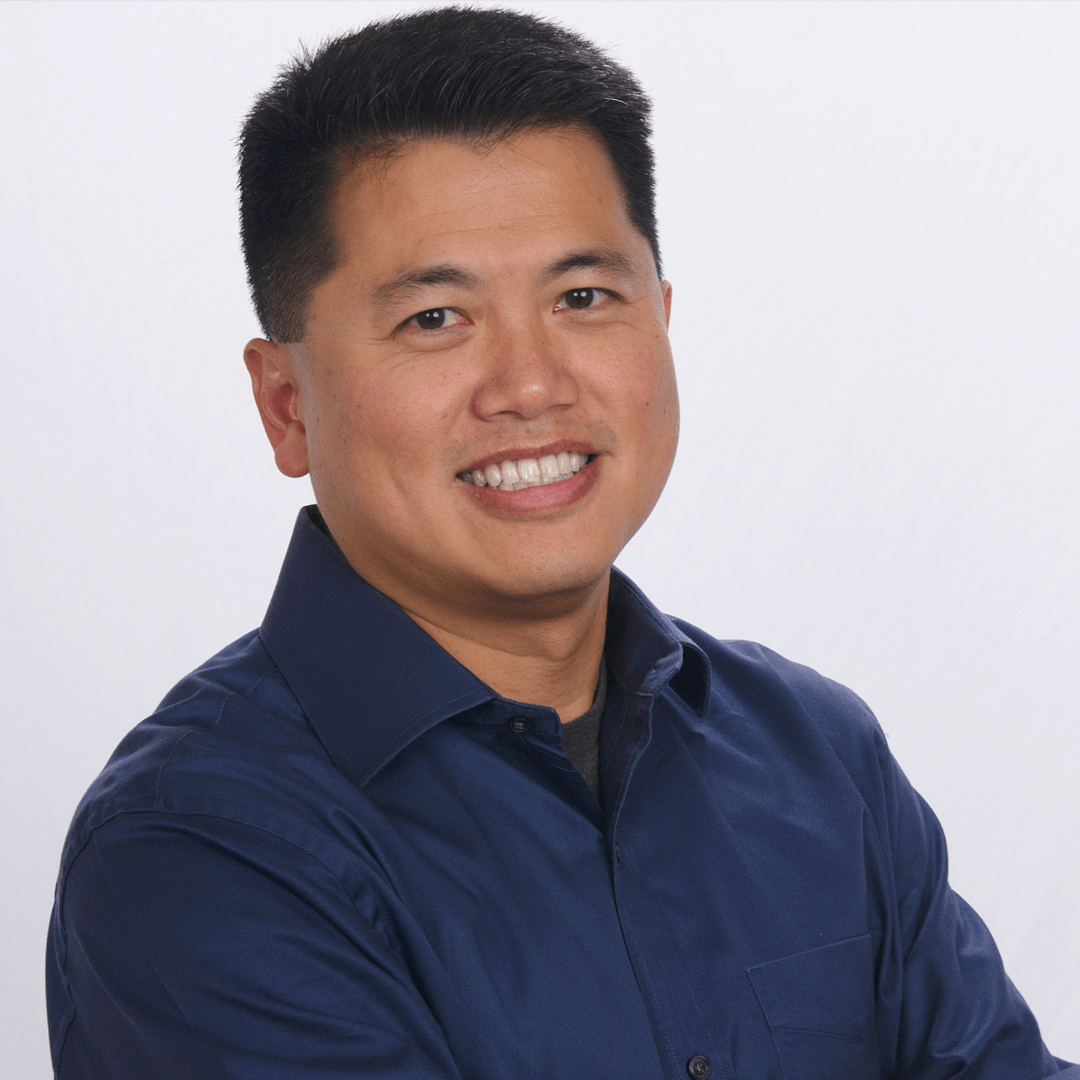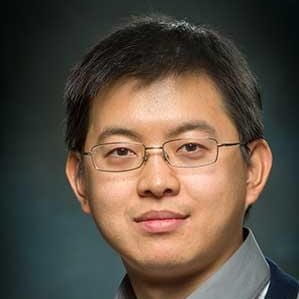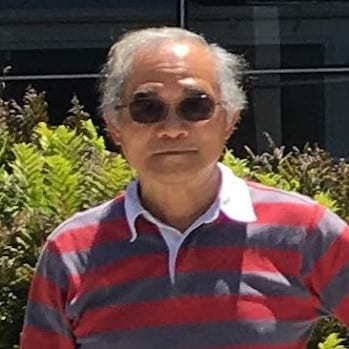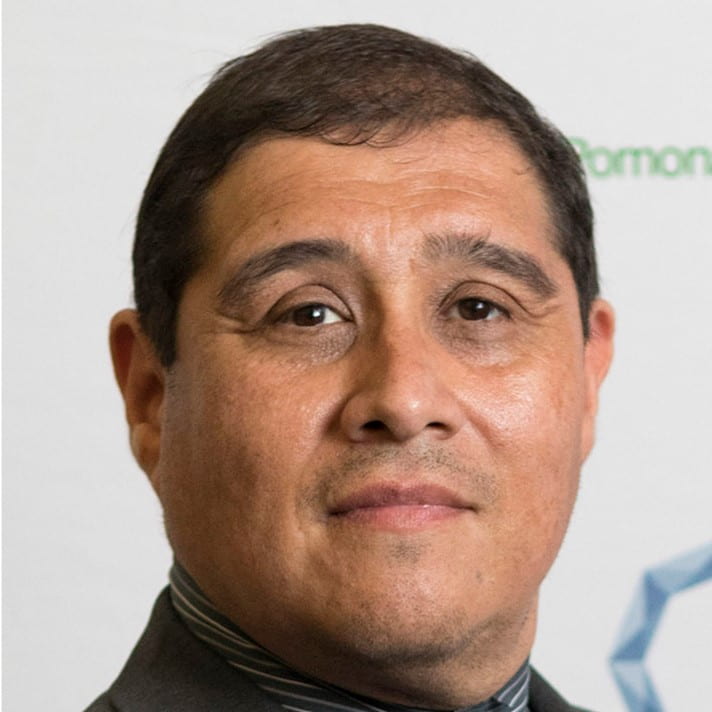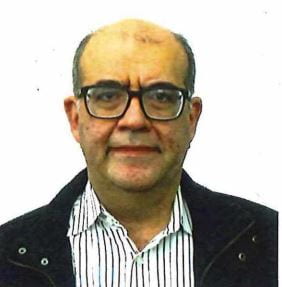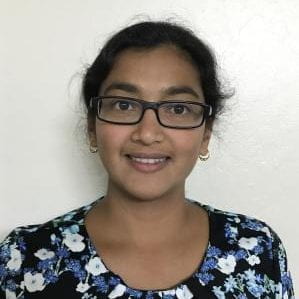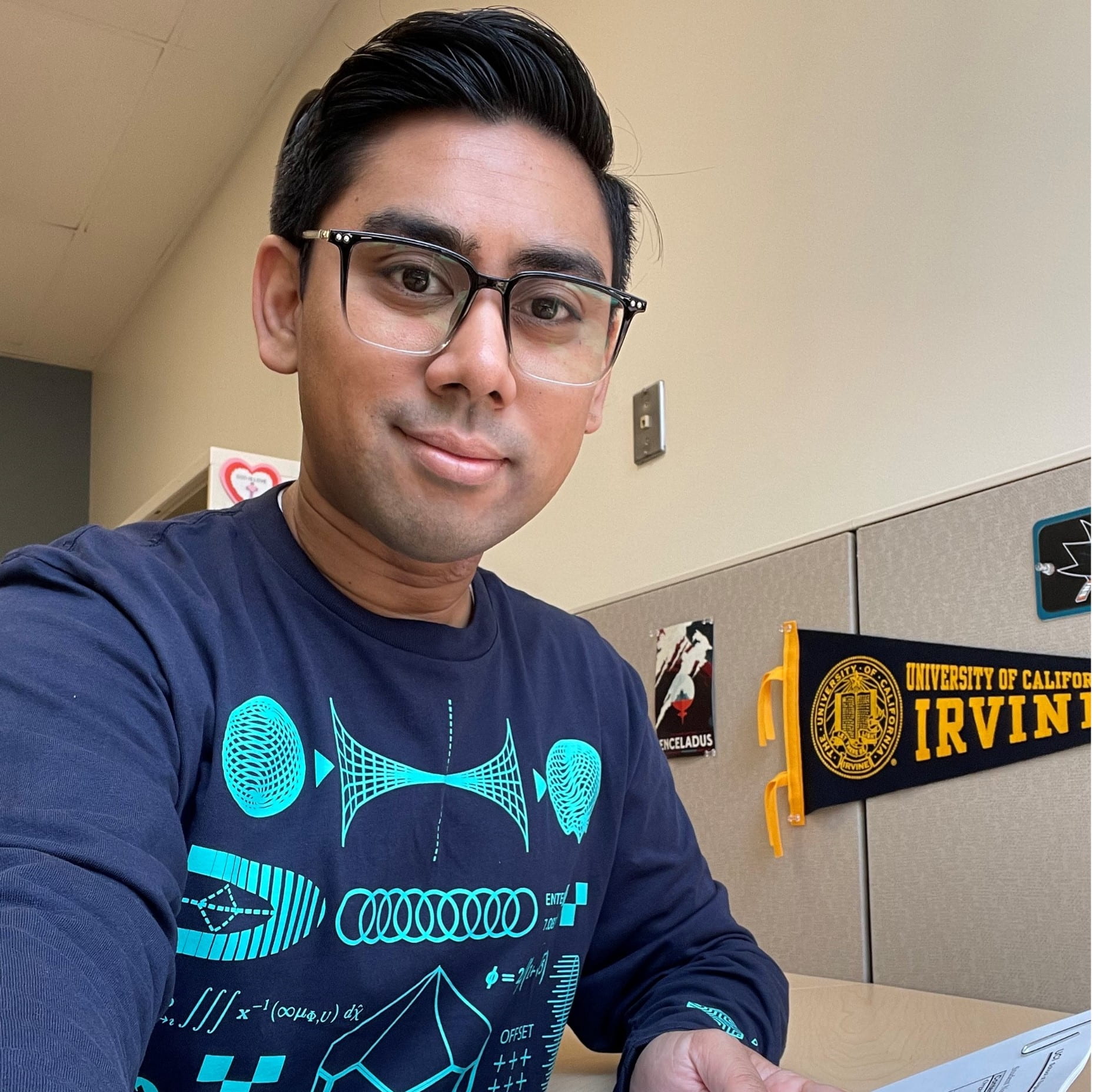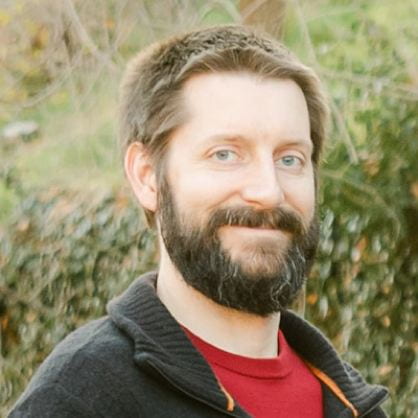Faculty Profiles -Engineering
Brian Andrade
Adjunct Professor, Department of Aerospace Engineering, Charles W. Davidson College of Engineering, San Jose State University
I am a part-time faculty member with SJSU in the aerospace engineering (AE) program. I am also a professional aerothermal simulation and modeling engineer in industry and graduate from the SJSU aerospace engineering Master’s Program.
Upper-Division Aerodynamics Labs and Specifications Grading
This presentation will go through the implementation of specifications grading to the lab component of an upper-division aerodynamics class at San Jose State University. I have applied specifications grading to the lab and lab-report components of two of the first upper-division AE course in the program, Aerodynamics I & II. Preliminary results in Fall 2021 have seemed positive but with some trouble spots what are discussed and in process of being addressed for Spring 2022.
Natascha Trellinger Buswell
Assistant Professor of Teaching, Department of Mechanical and Aerospace Engineering, Samueli School of Engineering, UC Irvine
Natascha Trellinger Buswell considers her teaching through the lens of equitable and inclusive teaching. With a PhD in engineering education and a teaching-focused position in an engineering department, She brings education research findings and practices into my engineering classrooms.
Using Specifications Grading to Shift the Focus from Learning the Content to Learning in Context
I am excited to try out a new grading approach that better aligns with my teaching philosophy. I want students to think about why they are learning the material, how they are learning it, why it is necessary to learn, and how they can use their agency to become equitable engineers. And I want students to think about these things instead of “what do I need to get an A in this class” since the specifications for getting an A will be clearly laid out for them.
David Copp
Assistant Professor of Teaching, Department of Mechanical and Aerospace Engineering, Samueli School of Engineering, UC Irvine
David Copp earned his Ph.D. at UC Santa Barbara. Prior to joining UCI, he worked at Sandia National Laboratories and as an adjunct faculty member at the University of New Mexico. His research interests include engineering education, control systems, and optimization, with applications to power and energy systems and robotics. He is a recipient of multiple awards, including a UCI Chancellor’s Award for Excellence in Undergraduate Research Mentorship.
Using Specifications Grading To Better Align Assessments With Learning Objectives In Engineering Design Project Courses
In this presentation, I describe my approach to using specifications grading in multiple engineering design project courses and a traditional dynamics course. In my experience, after putting in the effort to effectively transition away from traditional grading, specifications grading better aligned assessments with learning objectives and eased the burden of grading.
Michelle Digman
Associate Professor, Department of Biomedical Engineering, Samueli School of Engineering, UC Irvine
Dr. Digman was awarded a doctorate degree in Chemistry with specialization in Biochemistry from the University of Illinois at Chicago in 2003. She did her postdoctoral work in the Department of Physics at the University of Illinois at Urbana-Champaign on developing advanced imaging methods to monitor protein dynamics in living cells. In 2008, she became Optical Bio-Core Director at UCIrvine. Teaching was intertwined with her work as she lectured at workshops all over the world. She joined the BME department in 2013. Her research lab is focused on developing novel biophysical and optical tools to study biological questions with the goal of applying the gained knowledge to the advancement of human health. Dr. Digman is an AIMBE Fellow, Scialog Fellow, and Allen Distinguished Investigator in Immunometabolism. She has won several awards including the NSF-CAREER award, the Hellman Fellowship, the Fluorescence Young Investigator Award from the Biophysical Society, the Faculty Innovation in Teaching award and has received the Henry Samueli Career Development Chair.
Implementing Specification Grading and Mastery Learning for Photomedicine
I will present my experience using specifications grading, tokens, allowing redos on quizzes, and omitting grading homework assignments. I will also shed some light on the challenges and how I overcame them regarding how to assign a passing or failing score on specific assignments. I strive to provide the best opportunity for students to achieve the learning outcomes through various assignments that help student to think critically, engage in active discussion, and become effective problem solvers.
Burford Furman
Professor, Department of Mechanical Engineering, College of Engineering, San Jose State University
Professor Furman received his Bachelor of Science and Master of Engineering degrees in Mechanical Engineering from the University of California, Davis in 1980 and 1982, and Ph.D. in Mechanical Engineering from Stanford University in 1991. His areas of interest for research and teaching include: mechatronic system design, precision machine design, engineering measurements, automation for production processes, design education, and solar powered automated transit. Professor Furman joined the Mechanical Engineering Department in January, 1994.
From 1982 to 1993, Professor Furman worked in the Development Laboratory at IBM, General Products Division (later called, Storage Systems Division) in San José. He was a member of the actuator development team for the 3390 disk storage product and spindle motor design team for 3.5 inch and 2.5 inch disk drive products. He has been active in the Santa Clara Valley section of the American Society of Mechanical Engineers having served as the Newsletter Editor from 1991 to 1993 and as Technical Activities chair from 1994 to 1997. He is a member of the Society of Manufacturing Engineers and the American Society for Engineering Education. He is also a Registered Professional Mechanical Engineer in the State of California.
Specs/Mastery Synthesis for ME-EE 106 Fundamentals of Mechatronics
A synthesis of specs grading in a mastery framework has been implemented in ME-EE 106 Fundamentals of Mechatronics. The workshop will show what was modified as a result of training from The 2021 STEM Course Redesign Program.
Patrick Hong
Lecturer, Samueli School of Engineering, UC Irvine
As an engineering-trained former journalist and media executive, Patrick now teaches at the Henry Samueli School of Engineering at UC Irvine. He uses the flipped classroom, active learning, and specification grading pedagogies to engage his students to focus on mastery learning. Outside of the class, his company (Prenostik) is creating a “Fitbit for Learning” tool motivating students to develop a growth mindset, grit, and agency for learning success, essential to increasing diversity, equity, and inclusion in education and to meet future workforce demands. He believes in the entrepreneurial and life-long learning spirit that stimulates critical thinking and innovation. Education: B.S. Mechanical Engineering (UC Irvine), M.S. Aerospace Engineering (USC), MBA (UCLA).
Aligning Course Design To Help Students Develop A Growth Mindset, Grit, And Agency Using Specification Grading Leveraging The Canvas Learning Management System
Specification grading provides a growth mindset framework to closely align the course content with the desired student learning outcomes. Patrick will demonstrate how he used specification grading to redesign his upper-division engineering technical communication course while still leveraging the Canvas Learning Management System. By explicitly explaining, sharing, and assessing learning outcomes with the class, students are more motivated to focus on knowledge and skills gaps and how to fill them rather than just the final grade in the course.
Gerasimos Kontos
Fulbright Visiting Professor, Department of Aerospace Engineering, College of Engineering, San Jose State University
Gerasimos Kontos, was a Fulbright Visiting Professor at San Jose State University in the Department of Aerospace Engineering for the Spring Semester 2021. He leverages hands-on expertise and broad cross-functional knowledge across the aerospace industry, including airlines, airport service providers and training organizations. His Academic Career is co-evolving with his professional expertise, through incorporation of engaged leadership, blended learning approach and project-based orientation for supporting young researchers and industry experts to unfold and co-create their personal learning journeys through simulated but realistic decision making scenarios. Gerasimos holds a Ph.D degree in Lean Operations and Aviation from the University of the Aegean, Greece.
Specifications Grading Implementation for Special Topics in Aerospace Engineering (AE297)
This presentation will focus on the specifications grading implementation in AE 297 course – (Special Topics in Aerospace Engineering) – with course title Human Factor Principles for Aerospace Systems for the Fall 2021 semester. The course was designed after attending almost all TEA workshops for implementing specifications grading in 2021. The course was designed in Summer 2021, however, due to COVID-19 and other organizational challenges the course was not possible to be delivered for the Fall 2021. Nevertheless, the implementation process will be presented along with lessons learned and challenges that were required to be resolved.
Kaikai Liu
Associate Professor, Department of Computer Engineering, College of Engineering, San Jose State University
Kaikai Liu is an Associate Professor in the Department of Computer Engineering. His research interests include Mobile and Cyber-Physical Systems (CPS), Internet-of-Things (IoT), Smart Sensing, Intelligent and Autonomous Systems, Software-Defined Computing and Networking. He is the lead Principle Investigator (PI) for one National Science Foundation (NSF) project. He received a Ph.D degree in Computer Engineering from University of Florida (UF). He is a recipient of the two best paper awards, 2017 and 2018 CoE Research Professor Award, and 2020 College of Engineering Award for Excellence in Scholarship. He served as the technical program chair for IEEE Mobile Cloud 2020 and TPC member and technical reviewers for many IEEE/ACM conferences and journals.
Specification Grading For Data Mining Programming Tasks
It is always hard to evaluate the programming assignments. There are so many cases and conditions in students’ work. The points based on quality evaluation are not reliable. In this presentation, we will discuss our experimental approach of using specification grading for the programming tasks. We first designed the programming task with specific goals and specifications, but still allow students to use different approaches to implement the specific task. If students meet the goals, they can receive the full marks of “Meet Expectation”. We also have an additional “Excellent” rating (with the same full marks) for students who excel in some specific tasks. We also allow students to submit revisions if they have some misunderstanding of the goal.
Tony Pan
Lecturer, Department of Chemical and Materials Engineering, College of Engineering, San Jose State University
Tony Pan began working in the semiconductor industry since 1980’s. He received his Master and Ph.D. degrees from Cornell University. His work over 30 years in the semiconductor industry can be summarized as covering the following subjects: semiconductor/integrated circuit unit process development, process module development, and process integration, materials analysis, failure analysis, yield improvement, semiconductor technology roadmap investigation and development, industry technology consultation. Dr. Pan has authored 20+ technical publications and conference presentations. He holds 13 US patent in semiconductor processing (to search under the name of Pan; Judon Tony).
My Experience in Learning and Implementing Specification Grading
I attended the STEM Course Redesign Program in the summer of 2021. This two-week program really opened my eyes to the “Specification Grading”. With the encouragement from the Program instructors, I implemented the Specification Grading in a Lab Course in 2021 Fall semester, the Materials Engineering Course #195-03, Mechanical Properties of Materials. I designed 12 Essential Learning Outcomes and 6 General Learning Outcomes for the Lab Reports. Each student would need to include one specific section of writing and data in his/her Lab Reports for each Learning Outcome to demonstrate his/her understanding and completion of the corresponding Learning Outcome. And students would have opportunities to rewrite and resubmit his/her report per input and suggestion from the instructor. At the end, I found that the grading of Lab Reports has become much easier and more objective due to the specific learning outcomes and grading rubrics. And most students feel that they have a good control on the Lab grades based on their true understanding and effort, and they feel much more at ease when writing the reports because they would have opportunities to rewrite and resubmit Lab reports after receiving input and suggestions from the instructor. Overall, this implementation of Specification Grading has been a quite positive experience for me.
.
Greg Placencia
Assistant Professor, Department of Industrial and Manufacturing Engineering, College of Engineering, Cal Poly Pomona
Greg Placencia is a Human–Systems Engineer and Computer Scientist. He researches data science based human engineering, and combatting human trafficking and food insecurity with system engineering.
Developing and Implementing a Specifications Grading System for Human Factors Engineering and Engineering Economics Courses
Specification based grading can build master–apprentice relationships to achieve mastery much akin to guilds. The advantage is that instructors can spend more time mentoring student achieve core skills. The disadvantage is that such grading needs a significant investment to develop and deploy; as well as student buy in. This presentation focuses on how I developed a specification grading mentality, and turned that into specific course rubrics to integrate into two vastly different engineering courses. It will offer some tips to help the audience develop and deploy their own specification-based grading system.
Yazdan Pedram Razi
Adjunct Professor, Department of Aerospace Engineering, College of Engineering, San Jose State University
Professor Pedram Razi Has lectured in three continents. He has published more than 40 papers in thermo-fluids. His main interest is in microgravity, g-jitters, thermo-vibrational convection, Constructal Law, thermal optimization, solution of differential equation with periodic coefficients, boundary layer, and closed form solution. He obtained his PhD from the University of Paul Sabatier in Toulouse, France in 2004. The title of his thesis was: The convection in different geometries under the influence of gravitational acceleration and g-jitter. The thesis was partially sponsored by CNES (French Space Agency). He finished his post-Doctoral in USA/California in RERI, in 2007. There have been more than 20 theses under his supervision, the most recent one in the Chemical Engineering Department in 2020.
Some Comments On Specifications Grading: Application Of The Method In A Mathematical Context
This paper reports the application of Specifications Grading in a Pre-Calculus course in San Jose State University. The objective of the paper is the application of Specifications Grading to a mathematical course namely Pre-Calculus course here. Most of the characteristics of Specifications Grading such as (repeated mid-terms, quizzes and homeworks) were used. Some new aspects of the method were discovered, e.g. the flexibility of the course to satisfy the repeated polls taken from students. Also, due to Covid, the final exam used the Gradescope software. Some of the problems encountered in this respect are examined and some solutions are outlined.
.
Carlos Rojas
Assistant Professor, Department of Computer Engineering, College of Engineering, San Jose State University
Carlos Rojas is an assistant professor in the Department of Computer Engineering at San José State University. He is interested in applying computational techniques to understand biological mechanisms. The tools he uses to understand biological systems are data science tools such as machine learning and visualization. Download his curriculum vitae.
Applying Mastery Grading to a Software Engineering
I will discuss what I learned when applying mastery grading in an upper division software engineering course. This course had exams/quizzes/assignments and a large semester long project.
Mojtaba Sharifi
Assistant Professor, Department of Mechanical Engineering, College of Engineering, San Jose State University
Mojtaba Sharifi is an assistant professor of Mechanical Engineering at San Jose State University, California, USA. Prior to joining SJSU, he was a Research Scientist jointly affiliated with the Department of Electrical and Computer Engineering, and the Department of Medicine at the University of Alberta (UofA) from 2019 to 2021, Canada, and was the recipient of a postdoctoral fellowship award. Before that, he was a Research Associate at the University College London, UK, in 2019. He earned a Ph.D. degree in the School of Mechanical Engineering at Sharif University of Technology, Tehran, Iran, in 2017. He taught several courses in the field of Robotics, Control Systems, Mechatronics, Dynamics, and Mathematics at different universities.
Specs/Mastery Synthesis for ME-EE 106 Fundamentals of Mechatronics
A synthesis of specs grading in a mastery framework has been implemented in ME-EE 106 Fundamentals of Mechatronics. The workshop will show what was modified as a result of training from The 2021 STEM Course Redesign Program.
Mahima Agumbe Suresh
Assistant Professor, Department of Computer Engineering, College of Engineering, San Jose State University
Mahima Agumbe Suresh is an Assistant Professor at San Jose State University. She received her PhD from the Department of Computer Science and Engineering at Texas A&M University in December 2015. After her PhD, she was a postdoctoral researcher at Xerox Research Labs, India and a visiting assistant professor at Texas A&M University. Her research interests include Edge Computing, Cyber-Physical Systems, Internet of Things, and Data Analytics for Smart City Applications.
Specifications Grading Implementation for the Undergraduate Computer Networks Course
This presentation will focus on the specifications grading implementation in CMPE 148 – Computer Networks I in Fall 2021. We will also discuss the key learnings, what went well, and what went badly. We will briefly touch upon the current implementation of specifications grading in a graduate level data mining course.
Jon-Erik Tateri
Lecturer, Department of Engineering, Samueli School of Engineering, UC Irvine
Jon-Erik Tateri is a lecturer at UC Irvine in the Department of Engineering. He has two bachelor’s degrees, one in English: Rhetoric and Composition and one in Journalism: Digital and Print Media at CSU Long Beach. He also has master’s degree in English: Critical Theory and Literature at UC Irvine. For the past decade, Jon-Erik has been teaching Freshman Composition as well as Advanced Argumentation at several community colleges across Southern California including: Santa Monica College, Cypress College, and Saddleback College. At UC Irvine, he is currently teaching ENGR 190W, a technical communications course geared specifically for upper-division engineering students.
Creating a Happy Medium Between Traditional and Specifications Grading
For the Fall 2021 and Winter 2022 quarters, I incorporated specifications grading and mastery to emphasize the significance of meeting my course’s learning objectives. To that end, I created a “hybrid” specifications grading model that provides students with the familiarity of the traditional points system while focusing more on course learning objectives..
Igor Tyukhov
Adjunct Professor, College of Engineering, San Jose State University
Igor Tyukhov, Moscow Power Engineering Institute (National Research University) (MPEI), 1972, Ph.D., 1979. More than 35 years teaching various physics and engineering disciplines (from general physics to solid state physics, photovoltaics and semiconductor lasers) and conducting research work on solar energy, semiconductor physics and technology, renewable energy, MPEI, 1975-2002. Deputy Chair Holder of the UNESCO “Renewable Energy” at the All-Russian Research Institute for Electrification of Agriculture, 1997-2017. Adjunct Prof. of San Jose State University, Charles W. Davidson College of Engineering from 2018. Teaching ME 170 Solar Energy Engineering, ME115 Thermal Energy Engineering Lab, ENGR102 Renewable Energy Engineering, EE221 Principle of Semiconductor Devices. From 2018 15 papers and talks were published and presented at high level journals and conferences.
Introduction Rubrics To “Energytainment” Thermal Engineering Lab And Energy Engineering Courses
The use of scoring rubrics to assess students’ reports, project, assignments is now widely established as an efficient and effective means of providing information about students’ performance and proficiency in writing reports, solving theoretical or practical problems. The complexity is appearing in determining whether, and to what extent, a given rubric is valid, reliable and fit for purpose in the multidimensional situation like diversity of students on background, language, previous study, age, technical experience and so on. Possible solutions can be found through shared negotiation and dialog about scoring and visible progress during the semester related to the student’s goals.
David Wagner
Assistant Professor, Department of Chemical and Materials Engineering, College of Engineering, San Jose State University
Dr. Wagner has been a faculty member at San Jose State University since August 2018. His current research focuses on bioenergy, carbon capture, and engineering education. He incorporates many of these research experiences with his teaching of core courses including Chemical Plant Design and Graduate Kinetics. Elective courses include Pollution Control Engineering, Sustainable Engineering, and Principles of Thermal Analysis.
Specifications Grading in a Chemical Engineering Capstone Course
Dr. Wagner applied specifications grading to his senior capstone course in the fall of 2021 and updated the scheme based on student feedback for the spring of 2022. Reception of a relatively new grading structure appeared to benefit the students and nearly everyone preferred specifications grading to the point-based system often used..
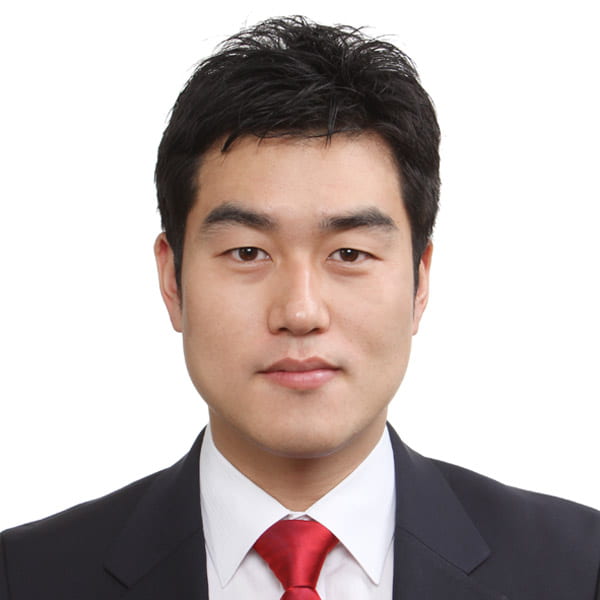
CE 3140
Civil Engineering
Jeyoung Woo
Assistant Professor, Department of Civil Engineering, College of Engineering, Cal Poly Pomona
Dr. Jeyoung Woo is an assistant professor in the Department of Civil Engineering at California State Polytechnic University, Pomona (Cal Poly Pomona). He is a registered Professional Engineer (Civil – Construction) in Texas. He has worked in the industry for nine years as a project manager, a corporate quality manager, a field engineer, and a designer. Also, he conducted several research projects about engineering education, construction labor productivity, construction safety, engineering design quality management, and construction sustainability.
What’s the Better Way to Assess the Effectiveness of Instruction
Several grading systems have been developed since each student has different learning abilities, such as the Specs Grading. The Specs Grading determines a course grade based on the bundles of assignments and tests with their pre-determined grade, and each student has the freedom to choose their grade by completing their desired assignments/tests. However, the implementation of the Specs Grading has a limitation at a teaching-focused institution because of the limited resource such as a TA/Grader with consideration of the heavy teaching load. Therefore, this presentation will share the process of modifying the existing courses incorporating the Specs Grading fundamentals and demonstrating course grading effectiveness.


